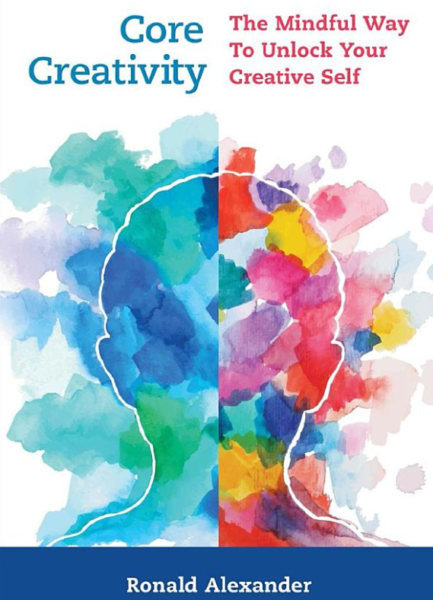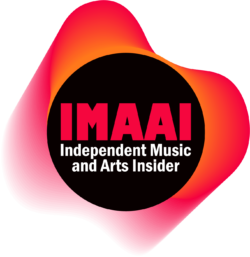
Dr. Ronald Alexander PhD’s new book is titled Core Creativity: The Mindful Way to Unlock Your Creative Self, and as the title would suggest the book is all about pursuing the often maligned, rarely utilized (in left-brain circles) aspects of the creative self, or perhaps to some the id, or to students of Jung the dark side of one’s true nature.
ABOUT THE AUTHOR: ronaldalexander.com/
Dr. Alexander makes a surprising and compelling case for how creativity, in all its anarchistic, tradition-bucking glory, is an elixir to professional stagnation. Its distinct and flippant, calculated and conniving irrationalities – particularly for those who operate by-the-book and according to traditionalist precepts – prove something of a life-saver when unprecedented events, both of an internal and external nature, take hold. “You might…be hoping to become more creative to sustain and build your career at a time of tremendous change due to pandemics, globalization, climate change, technological advances, and other forces that will result in changes for you and others. We’re not even sure what types of jobs will be available in the future—and which won’t be,” Alexander writes. “…Given the pace of radical change all over the world, schools ought to be training students to tap into and use their creativity.
A recent LinkedIn analysis of their data showed that the number one soft skill employers are looking for is creativity. A recent survey of employers by the American Management Association showed that 75 percent felt that creativity was a key skill employees needed. And a 2015 Forbes magazine article, ‘The Rise of Creativity as a Key Quality in Modern Leadership,’ reported that ‘[t]he last two decades have seen nearly all businesses embrace innovation and creativity as central missions, at least at a high level, with leaders expected to serve as imaginative guides.’ Are these leaders up to the task?”
Though the featured statistics and third-party, on the record statements can alleviate naysayers and critics’ superficial concerns, it’s when Alexander dives into the medical and psychosocial aspects of what ‘creativity’ really is that the read begins to click. Whether you’re a fan of fiction or nonfiction, medical inquiry or the decidedly apocryphal medical thriller, there’s no denying the ideas Alexander showcases in educated yet concise, informal language and sentence structure are universally fascinating in their implications. Gone are the days when ruler-rapping indictments and scathing critiques of the arbitrary nature of ‘soft’ professions’ impact upon society reigned supreme.
AMAZON: www.amazon.com/Core-Creativity-Mindful-Unlock-Creative/dp/1538149567
Gone are the days when one could separate the debatably fine line between what constituted talent in an artistic field, and talent in a pragmatic one. Now, if anything – Alexander demonstrating this again and again – the two undeniably share a symbiotic link. A symbiotic relationship, in fact. Something that enables multiple tendrils and ideas to grow – leading to new kinds of thought and innovation laying the groundwork for generations to come. This is a time for acceptance and enlightenment, Alexander writes, rather than wallowing in ideological tribalism…
Clay Burton
